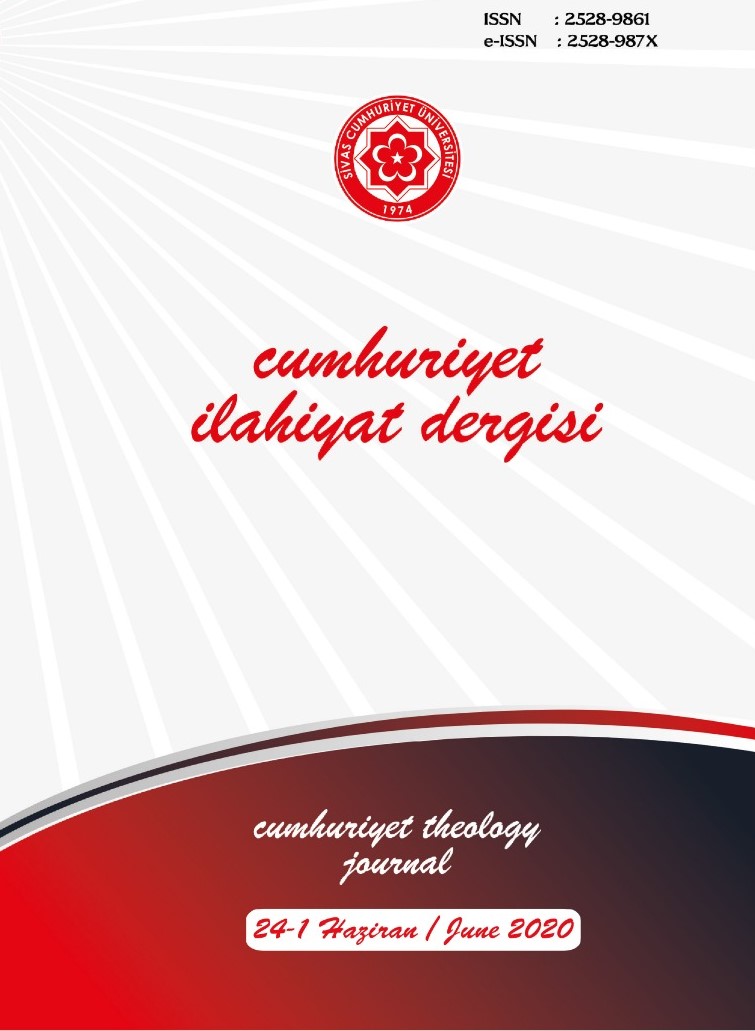Hz. Peygamber’e Soru Sorma Yasağı - Tarihi Gerçekliği, Mahiyeti ve Hikmeti
The Ban on Asking the Prophet Muḥammad: Its historical Reality, Nature and Significance
Author(s): Şuayip SevenSubject(s): Theology and Religion, Islam studies, Hermeneutics
Published by: Cumhuriyet Üniversitesi İlahyat Fakültesi
Keywords: Ḥadīth; The Questions of the Ṣaḥāba; The Ban on Asking the Prophet Muḥammad; Ijtihād of the Prophet; Ḥadīth-Hermeneutics;
Summary/Abstract: In the ḥadīth sources it is being conveyed that the companions (ṣaḥāba) refrained from asking questions to the Prophet. This situation is generally associated with the verse of sūrat al-Māʾida 5:101. An-Navvās b. Samʿān (d. 50/670), Abū Umāma al-Bāhilī (d. 86/705) and Anas b. Mālik (d. 93/711-12) are among the companions who consider this situation as the ban on the asking questions. The concern that asking questions may cause additional obligations that were not presumed to be obligatory also attracts attention in these records. Keeping all numerous questions addressed to the Prophet in mind we may ask if there is a Prophetic prohibition on asking questions. We will seek an answer to this question, which constitutes the main axis of this article, especially in the framework of the narrations mentioned among the reasons of the al-Māʾida 101. We will evaluate the information concerned in their historical context and internal coherence inductively. Our investigation differs in this respect from the investigations, which dealt with the disapproval of excessive and unnecessary questions. As a result of our research, we think that it is possible to talk about a ban on asking questions about religious issues in the last three years of the Medina period. We will first discuss the dating and nature of this ban, from which only Bedouin and visitors who come to Madina were excluded. Then, we especially will evaluate the theological consequences of answer of the Prophet, which mentioned in the same context, of whether the pilgrimage is religious duty for every year. In the last part of the article, the prohibition of asking questions will be discussed in the light of Hans-Georg Gadamer’s principle “Der hermeneutische Vor-rang der Frage”, which deals with the effect of the questions on the direction and nature of the answer.
Journal: Cumhuriyet İlahiyat Dergisi
- Issue Year: 24/2020
- Issue No: 1
- Page Range: 565-586
- Page Count: 22
- Language: Turkish

